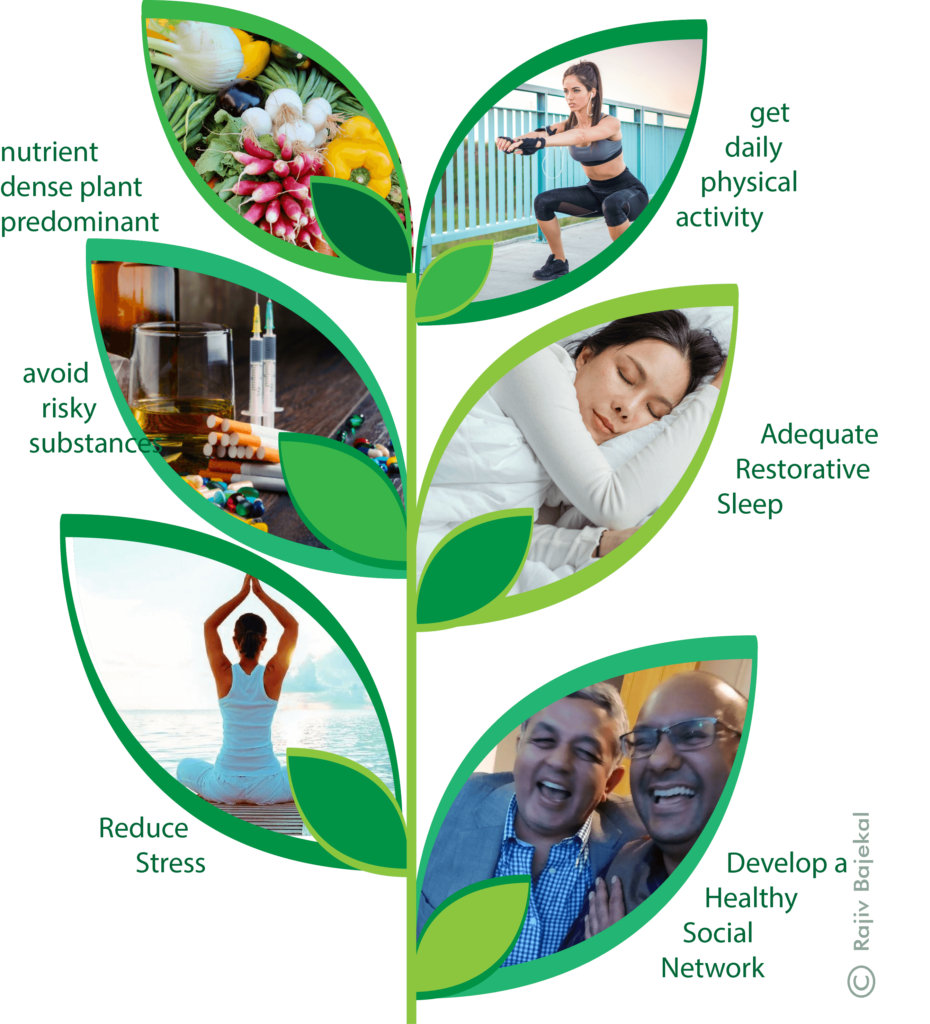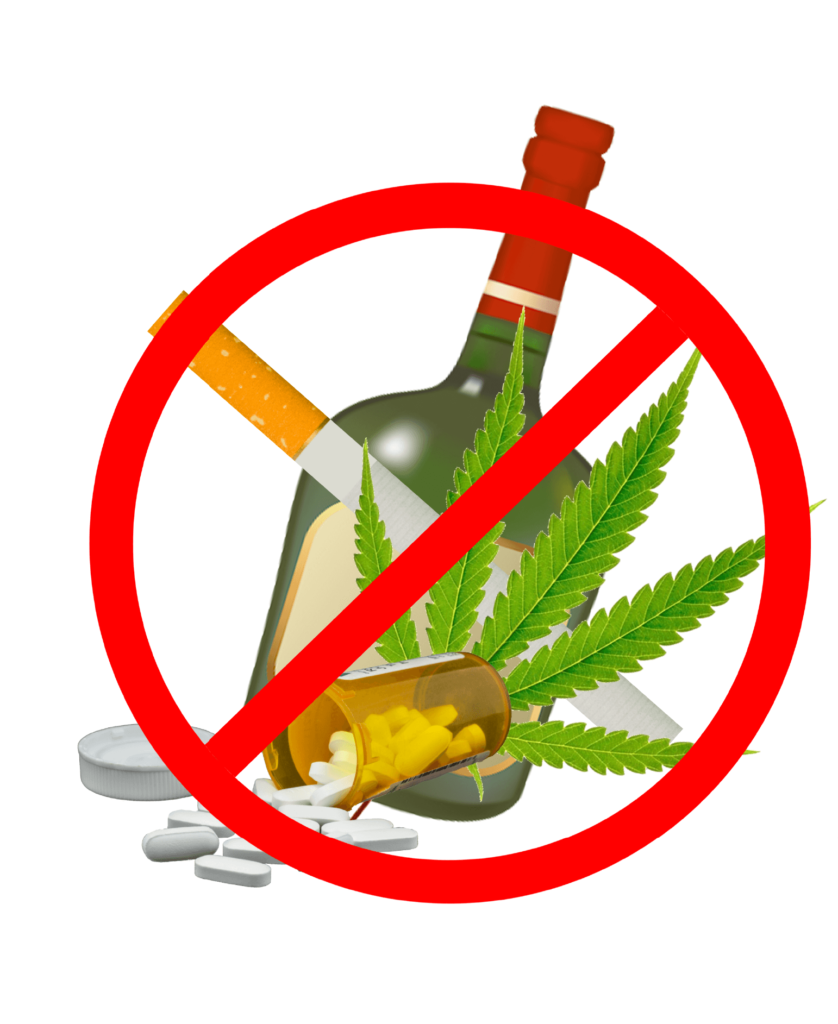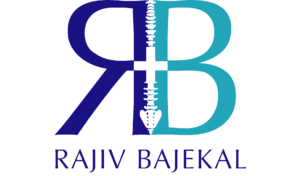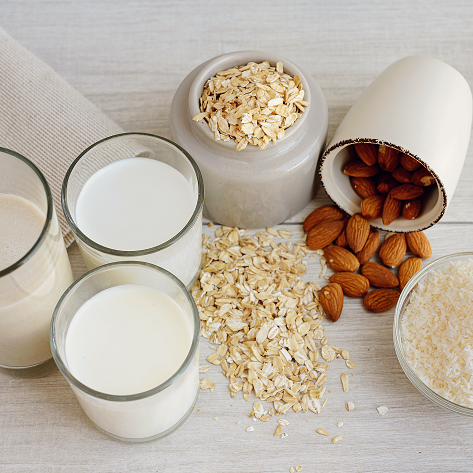One of the most common questions people have is regarding the ability of plant-based nutrients to provide adequate calcium. It…
Lifestyle Medicine
WHAT IS LIFESTYLE MEDICINE?
Lifestyle Medicine (LM) is a therapeutic intervention based on evidence to offer alterations in a person’s living patterns to promote better health. It is suitable both for people suffering from chronic health conditions and those who are healthy.
Lifestyle medicine is a relatively new area of medicine which recognises and uses a better lifestyle to prevent, treat and sometimes reverse a lot of chronic health conditions which are very common in modern societies such as diabetes, cardiac issues, some cancers etc.
Lifestyle medicine is evidence based and has the strong backing of science. It is practiced alongside conventional western medicine and empowers the patients to take charge of their own health by being in the driving seat whereas the physician merely guides and helps the patient. The six pillars of lifestyle medicine are discussed below.

SIX PILLARS OF LIFESTYLE MEDICINE



1. Adoption of a nutrient-dense whole food plant-predominant diet.
There is overwhelming evidence that the body can obtain all required nutrients from plant-based foods. Modern ultra-processed foods are devoid of healthy nutrients like fiber. Harmful preservatives are often added to preserve food shelf life and make them hyper-palatable. Foods of animal origin are much more demanding of resources on the planet and offer no additional benefits. It is best to make small, incremental changes by incorporating vegetables, fruit, whole grains, beans and lentils, and some nuts and seeds in the diet.
2. Incorporating Exercise and Movement
Modern conveniences for transport and home appliances ensure there is minimal opportunity to expend energy and move daily. Thus we need to schedule regular exercise into our daily lives to obtain sufficient movement. Ideally, humans should get at least 150 minutes of moderate-intensity aerobic activity and at least 30 minutes of strength training twice a week. There is a faulty belief that exercise should be all or nothing. One can incorporate some active movement into their day- park your car further away and walk to your destination, or use the stairs instead of an elevator or escalator.






3. Restorative Sleep
4. Avoiding Substance Abuse






5. Meditation & Stress Management
6. Healthy Social Relationships



BACK HEALTH & LIFESTYLE MEDICINE
LEARN MORE ABOUT LIFESTYLE MEDICINE
Vitamin B12 (cobalamin) is a water-soluble vitamin and an essential nutrient that helps keep the body’s nerve and blood cells…
Hip and spinal fractures cause by osteoporosis are becoming more common in the aging populations around the world and especially…



Rajiv Bajekal is a Consultant Orthopaedic Surgeon with special interest in Spinal and Back-related issues. He has developed a pragmatic approach to managing back pain and sciatica with non-surgical techniques, injections and minimally invasive techniques. Mr Bajekal is also a Board-Certified Lifestyle Medicine Practitioner and believes in providing lifestyle medicine advice to his patients for better long term health gains and better spinal health. He has been consulting since 1998. He consults both privately and on the National Health Service (NHS) and is passionate about making sure patients are in control of their healthcare.
Mr Bajekal is a member of the following institutions:
- British Medical Association (BMA)
- British Association of Spine Surgeons
- British Society of Lifestyle Medicine (BSLM)
- Plant-Based Health Professionals
- Patient Information
- Hospital Practices
- Spire Bushey Hospital
- BMI The Cavell
- BMI The King’s Oak
- Contact
- Blog
- Resources
- Glossary
Additional Links
Mr Bajekal works in conjunction with Total Orthopaedics UK. For more details please click here.
For more detailed information on plant-based nutirition please visit: www.rohinibajekal.com
For more detailed information on women’s health please visit: www.nitubajekal.com



